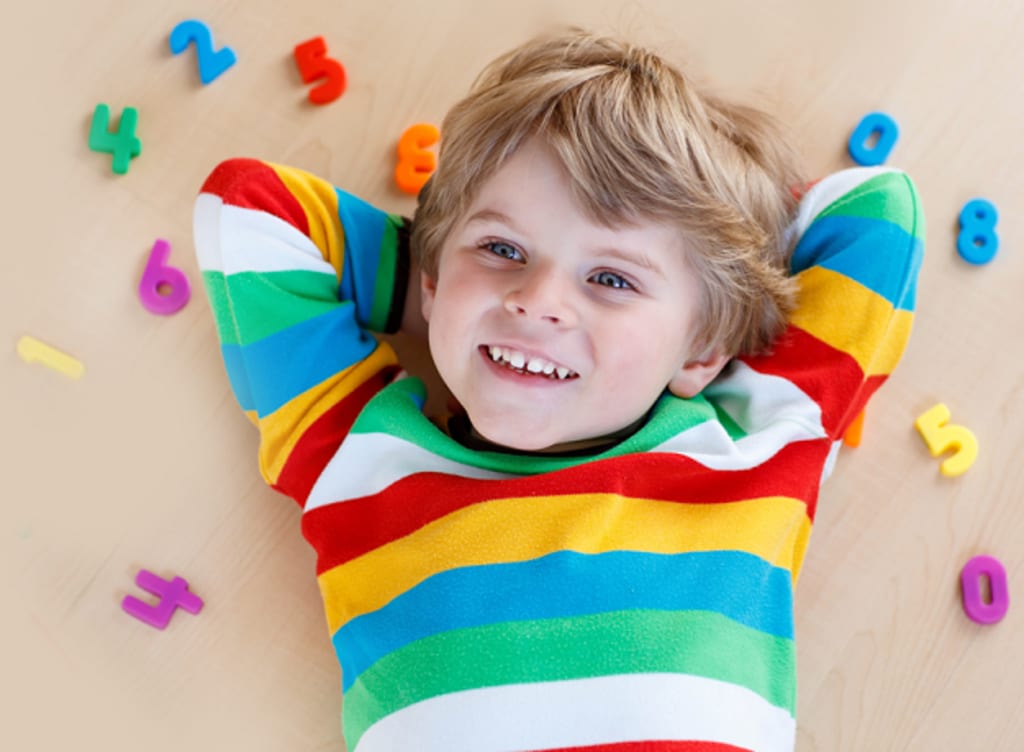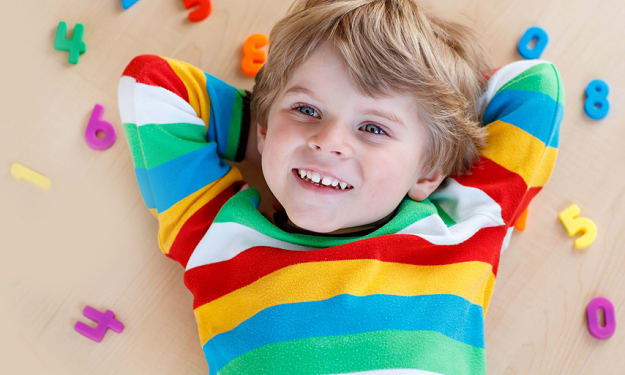Preschool Games That Teach Three Valuable Life Lessons
Games like Go-Ball that require strategic thinking are excellent educational tools for children aged 6 and under.

Learning games, or educational games, have been around since the 1990s. Researchers and teachers have devoted a lot of time and energy to studying the effects of playing educational games over the years. Learning games have been found to have many positive effects on students' brains and social development by researchers, parents, and teachers. Preschoolers in particular can benefit from playing educational games. Children as young as three can gain from playing learning games for 4th graders designed for kindergarten. Let's take a look at the top three advantages of educational games for kids of all ages, including those still in preschool.
Playing games can improve your brain's functionality.
Ability to think critically and abstractly
The skills of problem-solving, analysis, critique, and logic are all improved through the use of educational video games. Compared to kids who don't play video games, those who do have "1.75 times the odds of high intellectual functioning and 1.88 times the odds of high overall school competence," according to a study published in the journal Social Psychiatry and Psychiatric Epidemiology. To put it another way, kids who played learning games for 5th graders were smarter and more capable academically as they grew up. The in-game math puzzles in games like Brain City and Mountain Climber are entertaining for kids, while also helping them develop important math skills.
Cognitive abilities and memory capacity
Games like Go-Ball that require strategic thinking are excellent educational tools for children aged 6 and under. Preschoolers and elementary school students alike can benefit from playing puzzle games. Playing learning games for toddlers can help kids learn to think critically and solve problems. Preschoolers and elementary school kids who play puzzle games see improvements in their ability to remember information and apply it, which has positive effects on their ability to plan, take initiative, organize, and carry out projects.
Creative thinking and visualization
Children, like adults, benefit greatly from engaging in imaginative play such as make-believe and role-playing games.
Games like Fantasy World, aimed at children ages 5 to 7, introduce young players to a wide variety of mythical beings from trolls and gnomes to witches and dragons. Children's imaginations and senses of originality benefit from playing these games. Kids who participate in role-playing activities develop greater empathy and creativity.
Developing Competencies
Children's hand-eye coordination can improve greatly through play. Games like Runners are great for teaching preschoolers because of the fast pace and the need to think on your feet. At full speed, kids must stomp on junk food to get as far as they can. In the process, they gain an understanding of the differences between healthy and unhealthy diets. Kids' reflexes can be honed by playing games that require them to perform tricks or rapid movements. Developing these skills through play can help kids out in the real world. The hand-eye coordination and reflexes that children develop while playing games, for instance, are useful in a wide variety of sports and other physically demanding pursuits.
As a result of playing games, kids are more likely to become physically proficient.
The formation of healthy routines in children
Two to eleven years of age are prime for teaching children discipline and self-control when they are most receptive to these lessons and most likely to use them throughout their lives. One study found that kids who played video games had a 24% lower propensity to snack. Educational games for 6-year-olds that encourage healthy routines are invaluable. The SKIDOS game Runners promotes healthy eating and self-control in young players. The game's central mechanics are learning to prioritize healthy eating and engaging in a rigorous exercise to achieve these goals.
In addition, playing video games can be a great way to get some exercise.
Experts in neuroscience and child care have found that gamers (especially boys) are eager to put the skills they've honed in sports video games to use in the real world. When kids are exposed to a new sport in a video game, they are more likely to try it out in real life. Fourth graders can benefit greatly from playing educational games that highlight sports and exercise. Street Soccer combines two of the most popular pastimes in the world for kids of that age: playing soccer and learning math.
There are many more advantages to using learning games than just those listed above. SKIDOS has created more than 40 games for kids of varying ages, from those just learning to read in preschool to those who are well into high school. Fun, secure, kid-friendly, and commercial-free games are what we aim to produce. The SKIDOS subscription pass we offer allows for up to six users to share the benefits of a single subscription. If you're looking for some fun and engaging ways to learn, then you should check out the resources over at skidos.com.





Comments
There are no comments for this story
Be the first to respond and start the conversation.